Fixed Matches
Fixed Matches
Footballer agree to spot-fix matches for undercover reporters
A footballer has been secretly filmed helping to recruit players to spot-fix matches.
A BBC undercover investigation showed former Llanelli footballer Emile N’Goy, his brother Hermes N’Goy and three European players discussing the illegal activity with undercover journalists.
Spot-fixing sees players manipulate moments in games, such as red cards, so criminals can defraud bookmakers.
Hermes N’Goy has denied he and the other four planned to spot-fix.
Emile and Hermes N’Goy are originally from the Democratic Republic of Congo and grew up in France.
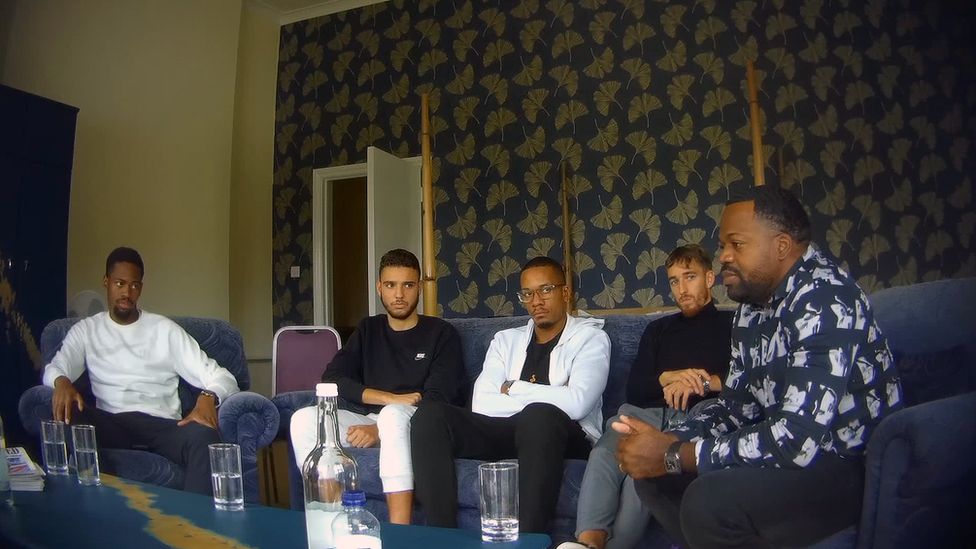
Emile N’Goy is currently without a team but has played in lower league clubs across the UK, including Llanelli Town AFC, Stranraer FC, Brechin City FC and Dorchester Town FC as well as clubs in Portugal and Italy.
There is no suggestion spot-fixing took place at any of these clubs, nor that any other players at these clubs were involved.
Following a tip-off that Emile N’Goy may have links with professional match fixers, undercover journalists for BBC Wales Investigates secretly filmed four meetings over a 20-month period with him and Hermes.
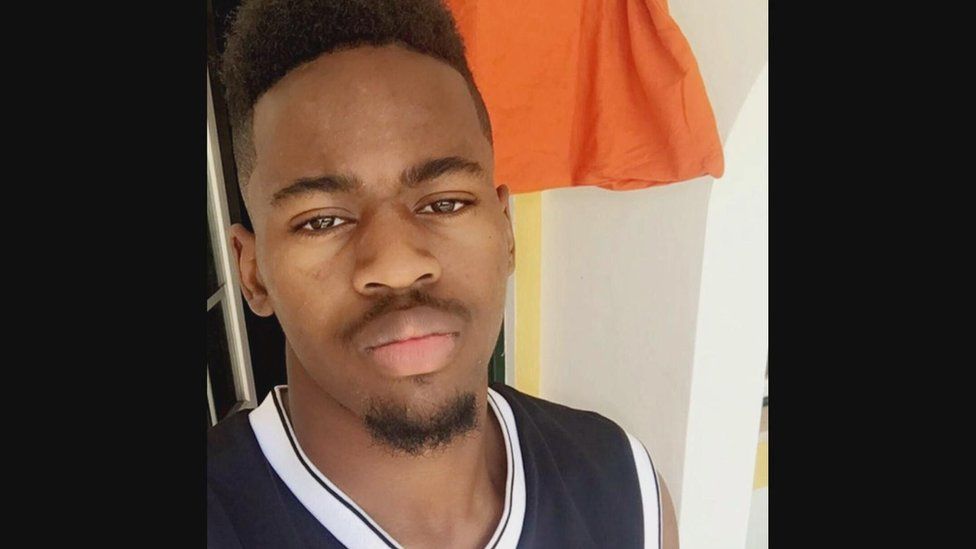
Emile was first approached by an undercover journalist at a Llanelli match and told he was looking for investment opportunities for illicit, black market funds.
Emile said he would talk to his brother about it.
At a later meeting, Hermes tells the undercover reporter: “But you know that is not legal… so you have to be very cautious when you do this kind of thing.”
He then suggested recruiting three players – a defender, midfielder and a striker.
He later suggested recruiting another two players and two members of staff to help run the operation – including a man who once worked for Italy’s newly-crowned champions AC Milan, who he said had fixed before.
Asked if that man had ever fixed at AC Milan, Hermes said: “No, he did the fixing with another club.”
He added the man did not yet know about the spot-fixing plans being discussed.
Hermes said he would find the players in the lower leagues of Europe where there was less scrutiny.
At a later meeting in a Kent hotel, Hermes brought along his brother Emile and three other players from domestic league clubs in France and Belgium.
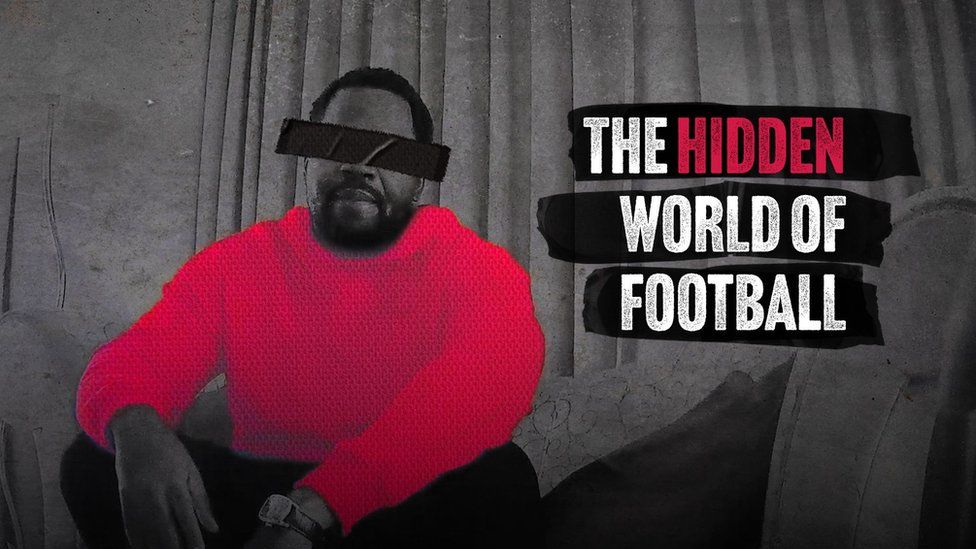
Idris Laib, Jean-Francois Mbuba and Julien Vercauteren all told the journalists they had spot-fixed before.
One of the journalists told them: “We’re not trying to push or force anyone. So, if anybody’s not happy, we don’t want them to be involved.”
All decided to stay and discussed taking part in a spot-fixing scheme that Hermes would manage.
Hermes told the journalists they should expect to pay the players an annual salary of 20,000-25,000 Euros (£17,000-£21,400) each. One player asked if he would be paid for the fixes in cash.
At a later meeting, he said the undercover journalists would need to pay an additional 500 Euros (£430) for every throw-in, corner or free kick they caused.
He said red and yellow cards would be more expensive: 1,000 Euros (£850) for a yellow and 2,000 Euros (£1,700) for a red.
Hermes added: “It’s not like, ‘you have to lose this match’. It’s not like big match-fixing. It’s a small thing, very invisible.”
All players apart from Emile said they had taken part in spot-fixing before but Hermes reassured the journalists his brother Emile would be involved.
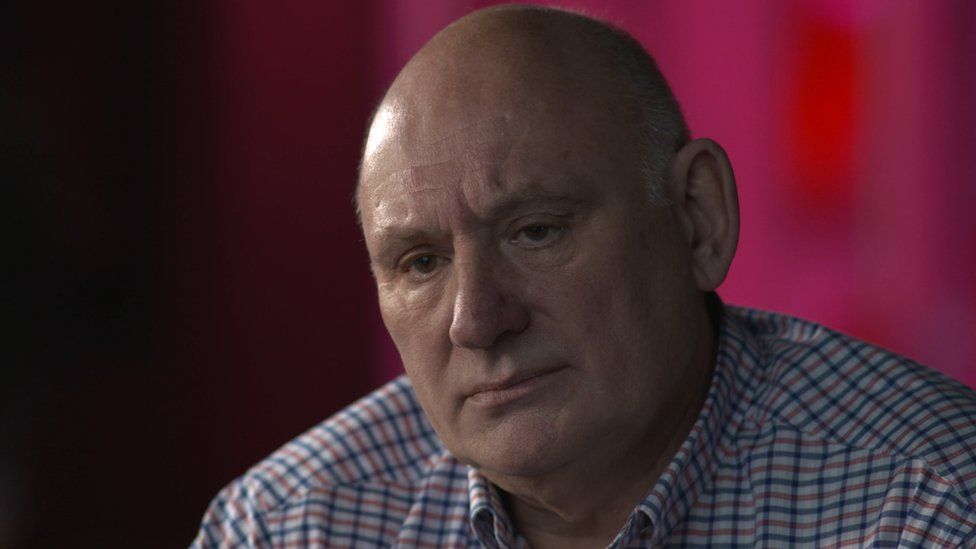
Terry Steans, who worked as an investigator for Fifa with responsibility for rooting out corruption and fixing across the world, was shown the undercover footage.
“The fact they’re there, they’re listening and they’re agreeing to what has been proposed… they shouldn’t be there and they shouldn’t be even listening to that kind of chat.
“So that’s evidence in itself, that they’re in the room, that they’re willing to take part.
“And he’s got players on board, like-minded that will do what he wants them to do, already. So I think he’s deadly serious.”
He said spot-fixing could be very hard to detect as it was hard to investigate without the full weight of a police force.
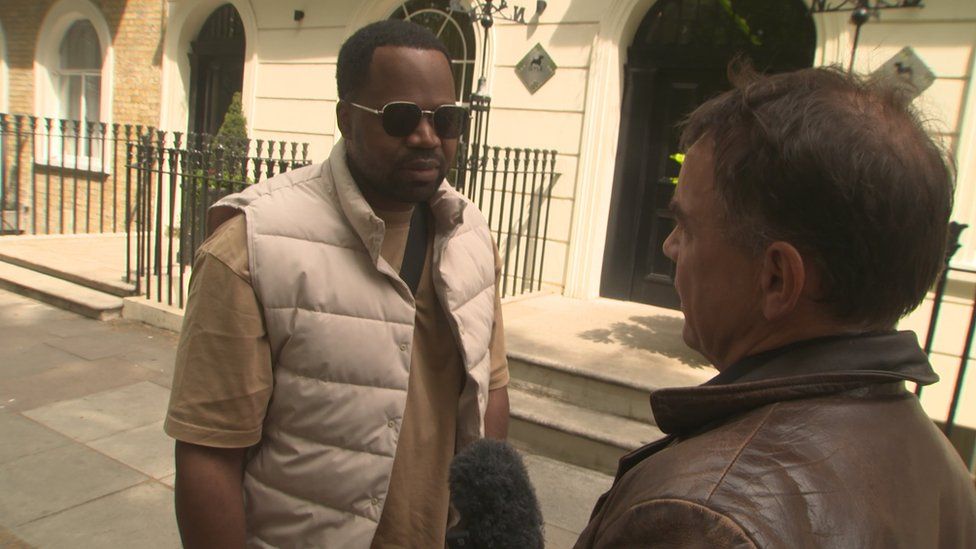
Hermes was expecting to meet the undercover journalists again to complete the deal.
Instead, he was approached by BBC reporter Wyre Davies.
He denied any wrongdoing, saying: “I don’t know nothing about that. I don’t know what you’re talking about”, before walking away.
He later contacted the BBC and said his brother Emile and the three other players also strongly denied doing anything illegal.
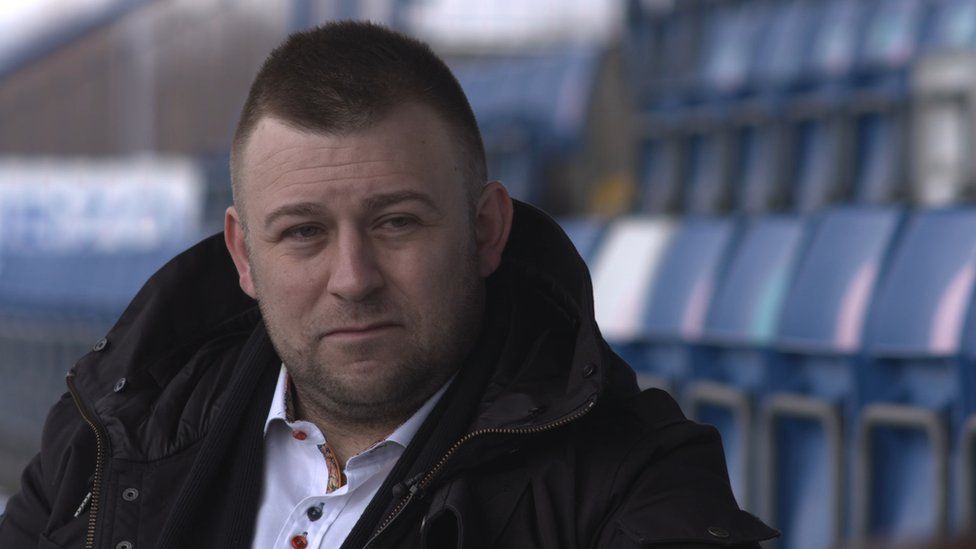
If the plan had gone ahead and they and been caught, the consequences would have been serious.
“You’re talking long bans, years… seven years for a first time match-fixing offence, so essentially, the end of their career,” said Kevin Carpenter, a lawyer specialising in sports integrity.
He said corruption had always been around football.
“Top-tier football is a billion-dollar industry with players earning millions, but the other end of the scale, at the lower league clubs, players are paid just a few hundred pounds a game.
“Obviously, you only hear about things at the top level of the sport. But actually, when you get further down the levels, that’s where the real corruption seems to happen.”
What is spot-fixing?
People are able to place bets on almost anything in football matches, such as the number of yellow cards, if a player will be sent off, the number of corners in the first half or how many throw-ins there will be in the first five minutes of the game.
Spot-fixing sees criminal gangs pay players or officials to do exactly what they want – known as fixing.
They then place bets, already knowing what is about to happen fixed matches.
